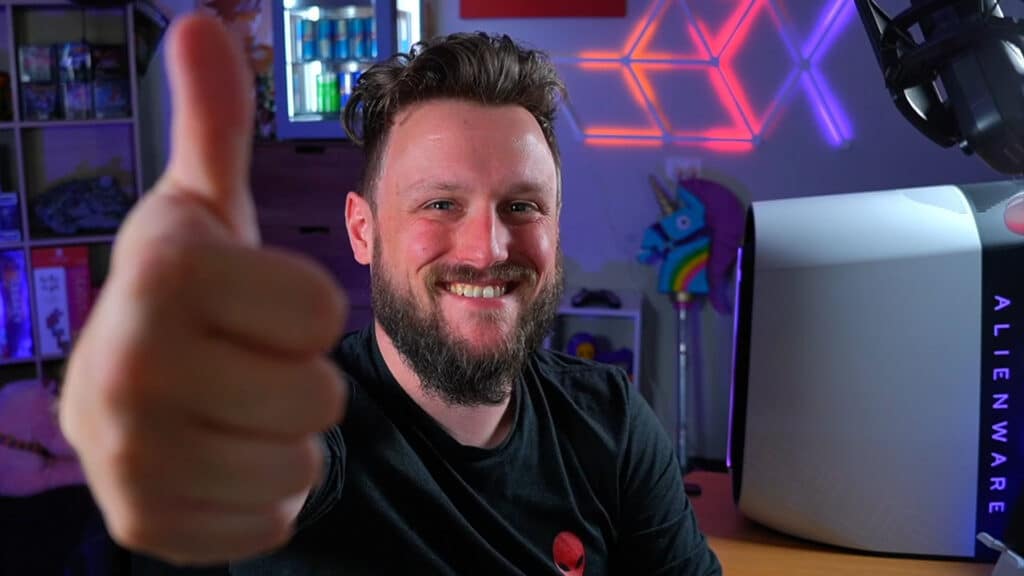I’m sure we all know pirating games is bad. Whether it’s copying them or downloading them we probably shouldn’t do it! But some developers went that extra mile to make sure we didn’t.
Copy protection has come in a lot of different methods over the years. Sometimes, it’s a separate program that scans to see whether or not it’s a legitimate copy and stops you from playing the game at all. In the olden days of video games, sometimes this copy protection came in having to input some kind of passcode or solving a puzzle that could only be done by using the manual that came with your game. And then, some developers decide to have fun with it and go that extra mile, altering the game itself if it detects it’s a pirated copy.
Here’s 5 games that made copy protection interesting.

Cross Days
The actual game that is Cross Days really isn’t worth talking about. For those curious, it’s a Japanese “erotic visual novel” about a cross-dressing protagonist that develops a harem of various love interests. So. It’s a porn game, which there are a lot of, so in that sense it’s nothing particularly special.
Its copy protection, however, is another story.
Around the time of release, fake versions of the installer were uploaded to Japanese peer to peer downloading sites. Naturally, this fake installer got a lot of downloads from pirates who wanted to enjoy this masterpiece of erotic storytelling (/sarcasm) for free. What followed, was utter chaos.
The person in question was asked to fill out a few personal details. Name, phone number, various personal details of that nature. But hey. That’s not so bad. It would be easy to just ignore it, put a false name down and move on. Easy, right?
Not so much. The virus, being a nasty form of ransomware, then proceeds to take a screenshot of the pirates desktop (often including embarrassing things like one users unfortunate affinity for plant-based porn). The screenshot and the users personal information would then be uploaded to a website (now defunct) and the only way to have this information taken down would be to submit a request to the website which involved admitting the user had pirated the game.
The real kicker? The game never tried to hide this. In the terms of service no one ever reads, it was clearly stated that this wasn’t a real copy of the game and the nature of the malicious software was fully explained, making this whole exercise not only devilish, but also completely legal.

Game Dev Tycoon
Game Dev Tycoon is a sim style game where players are tasked with building a game studio from the ground up, managing various aspects and trying to become a bigger, more successful company. In another example of game devs being particularly sneaky, on the launch day of indie game the developers themselves released a fake ‘cracked’ version of the game for pirates to get their grubby little hands on.
The game plays like normal for the first few hours, with players slowly building their game dev empire. And then, they’re hit with a message saying that your ingame studio is suffering from pirates downloading illegal copies of their games, followed by the studios funds rapidly decreasing until they go bankrupt.
The pirates, not knowing they were being tricked, quickly took to forums to ask for help, complaining about pirates ruining their games and how no methods worked to get around this. The developers even released a blog post going into detail about their findings on the subject, with the depressing discovery that over 93% of active players on day one of the release had pirated the game.

Earthbound
A lot of SNES games of the era had various forms of copy protection that, when triggered, would cause the game to stop and an anti-piracy message would pop up on the screen. Earthbound, a surreal RPG about a boy with psychic powers, had the developers go a little bit further by adding several layers to their protection that could be triggered at various points in the game with varying results.
The first layer was relatively simple, detecting if a NTSC version of the game was running on a PAL system and then throwing up a basic error message. Then the game checks to make sure the system its running on is a legitimate SNES and not a machine designed to copy cartridges, throwing up a ‘pirating this game is illegal’ message if the check calls for it.
Now is where the real fun begins. Hackers and pirates who passed the initial checks by altering the games code were treated to a nasty surprise. The game checks to see if the code has been altered in any way, and if it has been, the enemy encounter rate soars to nearly unplayable levels. Enemies appear where they shouldn’t and there are far more of them, even in places where enemies otherwise wouldn’t appear.
Should a particularly skilled hacker account for this and bypass every other check, they might think they’ve won. The game is now playing normally, all the way up to the end. Until the game makes one final check at the final boss. If it turns out to be a positive, the game will freeze, restart, and the player will find all their save data has been erased as a final and particularly nasty ‘screw you’ to pirates.

Metal Gear Series
The Metal Gear series is renowned for its story, and a lot of parts of that story tend to break the fourth wall in various ways. When people think of this, they might think of the Psycho Mantis fight from Metal Gear Solid or the infamous ending of Metal Gear Solid 2. However, the fourth wall was breaking as far back as the first Metal Gear, with anti-piracy versions of the fourth wall breaking beginning in Metal Gear 2, both games appearing on the NES.
Metal Gear 2 used several instances of this, such as having to decipher a tap code, with the key being present in the manual as well as Colonel Campbell explaining that he’s changing his frequency for the radio and outright telling the player to check the back of the games packaging.
Having to check the packaging occurs again in Metal Gear Solid, with the frequency of one of the ingame characters radios only being able to be found on the back of the case, and is mentioned nowhere in the game itself.
Given the internet wasn’t huge at the time and these various codes weren’t able to just be looked up, it proved an effective method of copy protection.

Batman Arkham Asylum
Batman Arkham Asylum was a game that focused on Batman in… Well, Arkham Asylum. It was the first in a series by Rocksteady that took the world by storm with one of the best examples of Batman to hit not only video games, but any form of media in general.
Naturally, with the game being so big and so many people wanting to play it, not all of those people wanted to pay for their experience. And these people were quickly and swiftly caught out by a long jump that required the use of Batman’s glide abilities. If the player missed the jump, they would fall into a pit of poisonous gas and die.
But, the thing is, this pit of poisonous gas existed nowhere in the full, non-pirated version of the game. And, to top it all off, the glide function for pirates was disabled, ensuring no matter how hard they tried, the player would never be able to make the jump and progress in the game.
Naturally, once again these pirates took to forums to vent their frustration and ask for help to pass this seemingly impossible area. And they got their response. From the developers themselves, no less. They explained that this wasn’t in the normal game and that it wasn’t a problem in the game’s code, but rather, a problem in the pirate’s moral code.




